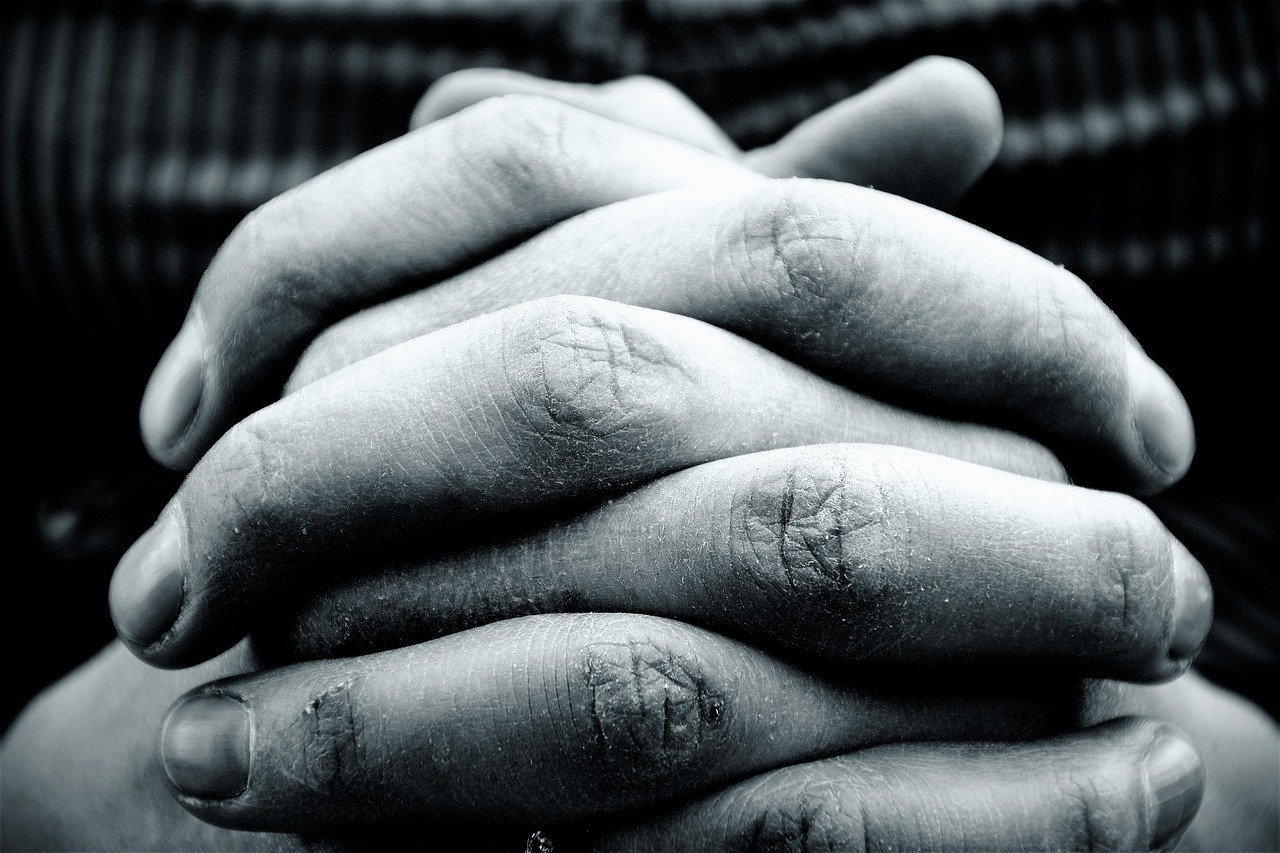Pistachios… they taste great, are full of healthy fats, a good source of protein, and can help with everything from skin health to improving erectile function in men… but is there a hidden downside here? Do pistachios cause constipation?
People have been asking and we’re here to answer.
Pistachios are nuts from the cashew family. They originated in the central Asia/middle-east area and were commonly eaten in the areas as early as 6,750 BC, and you may be surprised to hear that they were even mentioned in the Bible. From the Old Testament, Genesis 43:11, reads “So their father, Jacob, finally said to them, ‘If it must be, then do this: put some of the best products of the land in your bags and take them down to the man as gifts–a little balm, a little honey, some spices and myrrh, some pistachio nuts and almonds.‘”
Now, as we know, they are consumed worldwide, which is no surprise considering their health benefits and good taste.
High in protein, a good source of heart-healthy fats, fiber, potassium, etc… there is a lot of good that comes from these tiny green nuts. And let’s not forget that their density makes them slow digesting, which will keep you feeling full longer and is good if you are trying to reduce your eating habits.
However, there can… potentially… be a darker side to these natural treats. And, to answer the big question, Yes, they can cause constipation. Here are some reasons why they might…
3 Reasons Pistachios Might Be Making It Hard to Poop
1. They Have Lots of Fiber
According to the USDA, 1 ounce (28 g) of pistachio nuts provides 2.9 grams of fiber. That’s quite a bit, with about 10% of it’s net-weight being fiber!
There are 2 types of dietary fiber: insoluble and soluble… both of which are important.
Insoluble fiber is, as the name suggests, not soluble in water. This type of fiber goes in and out of the digestive process unchanged, but it still plays a big role in digestion by adding bulk to stool, helping clear out food sitting in the intestines, and overall help normalizing bowel movements.
This type of fiber, if eaten in excess, is much more likely to cause diarrhea than constipation.
Soluble fiber is a type of fiber that is soluble in water. When digested it absorbs water and becomes a gel-like substance. This is what you’d want more of if you did have loose and watery stools.
Now you may be thinking… well, if soluble fiber absorbs water then couldn’t it make the stool dry and hard… thus leaving one constipated if too much was consumed?
The answer is… it could… but the amount provided by pistachios and other nuts is unlikely to do so.
Fiber Is a Good Thing… Usually
More fiber is generally a good thing. Based on a 2,000 calorie/day diet, the recommended amount of fiber you should be getting is 25 grams a day. Americans, because of all the processed foods eaten, are notorious for being deficient in such… with an article on NutritionFacts.org claiming that 97% of Americans aren’t getting enough.
So a little extra is likely a good thing. It will help regularize bowel movements and clean out the digestive tract.
BUT… things are only good in moderation. Too much and then you might have a problem.
Most sources state that consuming more than 70 grams in a day is when you start noticing some bad side-effects, such as bloating, diarrhea, and constipation, but some people experience these issues at much lower levels.
It depends on many factors, but you never want too much. Fiber is usually a recommendation to treat constipation, but in some cases it can make constipation worse.
2. Fructans can irritate the digestive system
Fructans are a type of carbohydrate that pistachios are considered to contain high amounts of. Wheat and onions provide people with about 95% of the fructans they get in their diets, but that’s because most people don’t eat pistachios… so it doesn’t mean much to the pistachio connoisseur.
Fructan intolerance is a condition in which one is intolerant, to some extent, to fructans. The reason for this is a lack of the essential enzyme needed to break down the carbohydrate, which leads to it not digesting properly. This can cause a number of digestive issues, such as bloating, cramping, diarrhea, gas, and… of course… constipation.
The undigested fructans then make their way to the large intestine, where they are fermented by the local gut bacteria.
*Note: People with IBS may be more easily triggered by fructans.
3. High salt intake
It depends on what type of pistachios you are eating, but judging from the fact that most pistachios are sold in the salted variety, the chances are you are taking in quite a bit of salt as you eat them.
Salt is a mineral that consists mostly of sodium chloride, or NaCl, and it should be noted that this type of table salt is completely different from Epsom salt.
You may have heard that drinking salt water (talking about Epsom salt here) can relieve constipation. This isn’t all that well proven, but makes sense in theory. The increased salt content in your intestines would cause more water to be pulled in to help dilute it and create balance. The same would be true with table salt, just no one tries this because high amounts of sodium pose other problems.
HOWEVER, eating high amounts of salt can also increase the salt in the bloodstream, leading to water being sucked from the intestines, causing dryer stool, and possibly constipation… which is the opposite outcome.
It depends on many factors, but too much salt is never good… and constipation can be a result (although unlikely).
*Note: The FDA recommends no more than 2,300 mg of sodium per day… and Americans eat 3,400 mg per day on average!
That Said, Constipation Isn’t a Likely Result

While there are reasons that pistachios can cause constipation, this is not something that will likely happen, unless you are binge-eating pistachios all day long. And we’re guessing you’re probably not… because that would get pretty darn expensive.
The bottom is this:
Most people are deficient in fiber, and pistachios are a good source of this. Yes, too much can be problem, but getting too much is unlikely. Remember, most sources say that you start having bad side effects once you get up in the range of 70 grams per day or more!
This fiber is much more likely to help improve digestion and regularize bowel movements than to cause constipation.
Additionally, let’s not forget about the gut bacteria, which is extremely beneficial when it comes to normal bowel movements and overall health in general.
The soluble fiber is food for the gut bacteria. This is what you call a prebiotic.
Surprisingly, there have actually been studies on the effects of pistachio consumption on gut bacteria, with one 16-person study finding that it indeed may promote a beneficial gut environment.
So there you have it.
Will pistachios cause constipation? Probably not.
Can they? Yes.
Now it’s your turn: What’s your story with pistachios?


